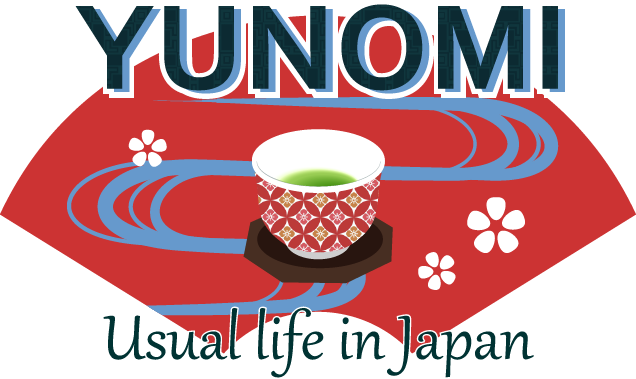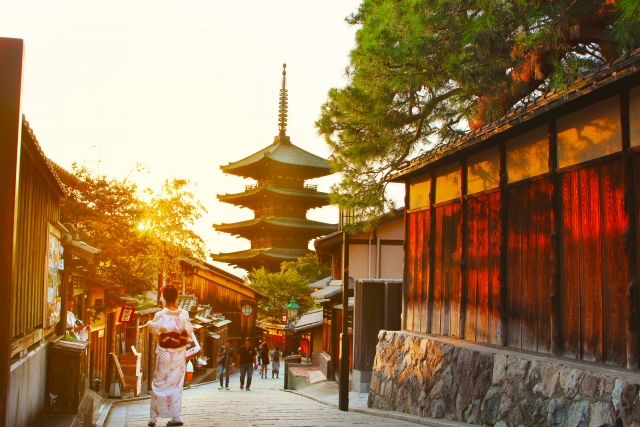It is said that in Edo era, everything was recycled in the metropolitan city of Edo. The idea has been nurtured until now being aware that Japan is a natural-resource-poor country.
Though there were some times that the idea of overheat consumption was appreciated as seen in the late 80's.
But people are basically very keen to live frugally. A lot of saving ideas are shared via books, magazines and internet etc. and people don’t wait to bring those ideas into practice.
It is a common tip to use bath water for washing clothes
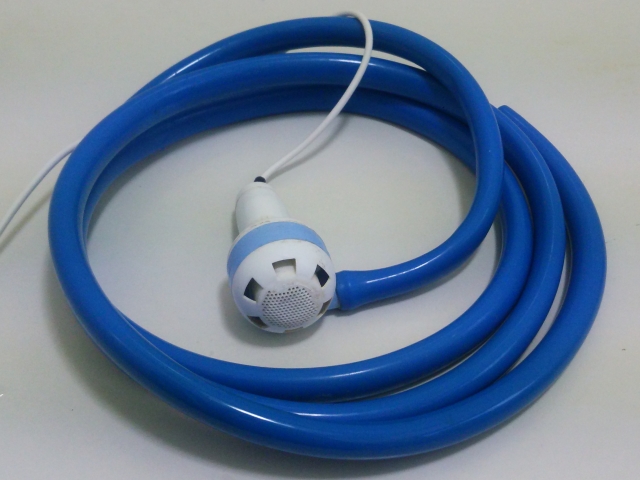 Pump up the remaining bath water and use it for washing machine instead of sending it to drainage. It is even explained that the warm bath water will improve the detergent effect.
Pump up the remaining bath water and use it for washing machine instead of sending it to drainage. It is even explained that the warm bath water will improve the detergent effect.
An additional tip is cleverly advised; the use of bath water should be only for washing; make sure to rinse the clothes with tap water – to eliminate any traces of bacteria.
Room lights and power switches are made sure to turn off whenever they are not in use.
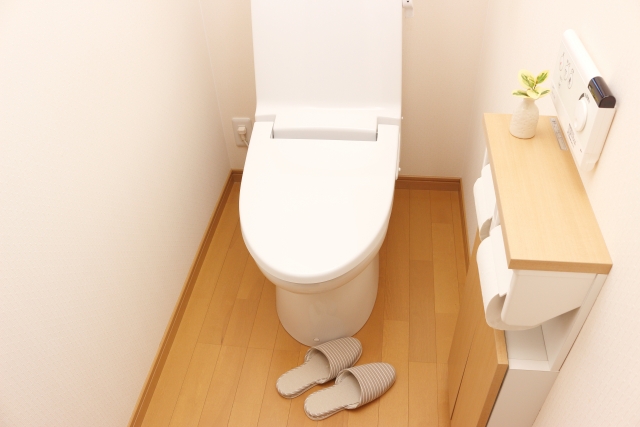
Japanese toilet flashes in two options – for urination which uses less quantity of water and for poo which uses regular amount. There’s no difficulty to reckon how much water you would save. Newer models require less and less water.
28℃(82.4℉)
Air-condition in public area are often set to 28C which can be somewhat hot in the middle of summer. But people are very cooperative understanding that the effort results in reduction of CO2 and saving the Earth.
The japanese thinking?
Simple living is appreciated in terms of serving for environment protection not only saving expenses.
Despite those facts, Japanese are generally skeptical in using used items compare to other countries.

An innumerable number of used cars is produced and exported from Japan as enough as covering huge demand in the globe and they still look great.
Go see the garbage collection sites in residential area.
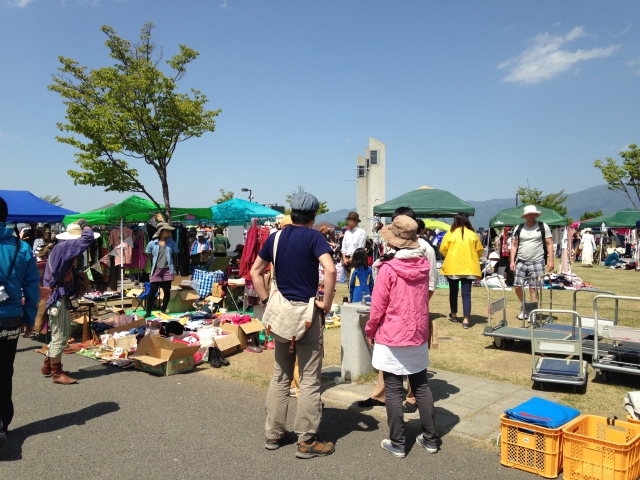
You may often find items that still seem to have the value for resale are only left to be collected -- they are hardly picked up.
Things once used, even if they look like new, are really going cheap.
[wp-svg-icons icon="pushpin" wrap="i"] Probably, people are averse to take risk of shedding their hard-earned money for any chance of repair which usually costs more than buying new… It's another form of saving.
